Although this term, mindful travel, isn’t a common expression yet, I have a sneaking suspicion it will become all the rage. And if not, I still plan to keep using it. But to make sure we’re all on the same page about its meaning, this article will explore how these two words, mindfulness and travel, come together and why it should matter to us.
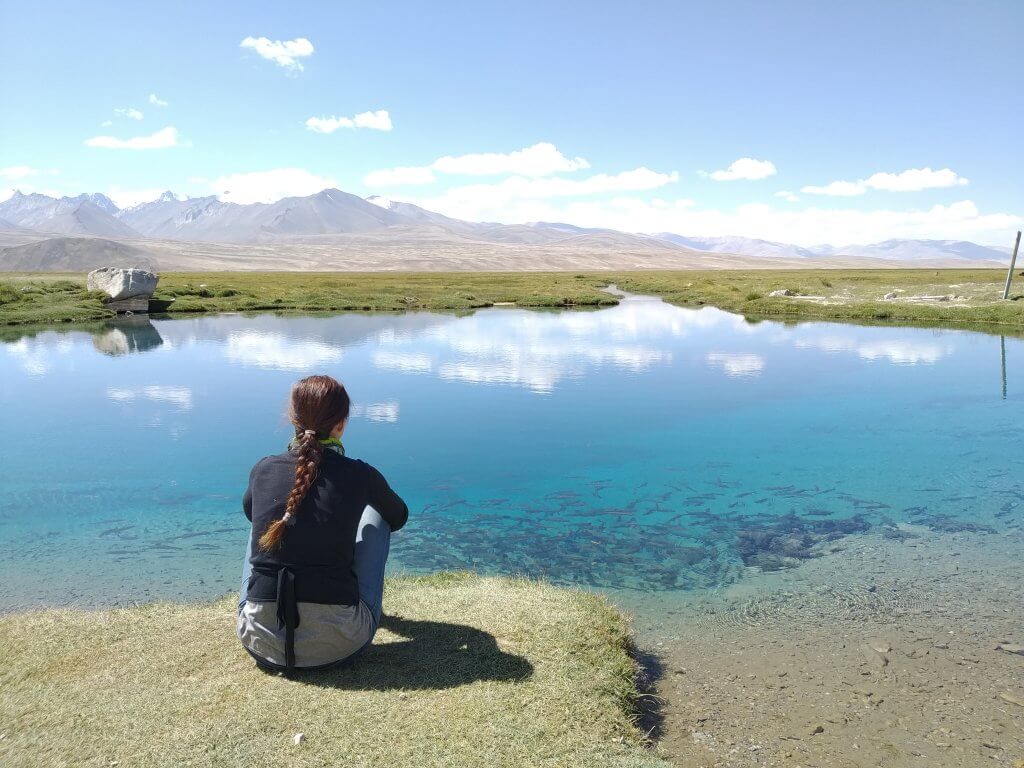
Consuming Travel like Others Consume Shoes or Booze
Since I was 22, I traveled quite a bit. I won’t go into the details my wandering ways here, but I do want to highlight the fact that adventures abroad eventually became my way to escape.
Some people use social media or binge-watch endless Netflix, others buy too many shoes or kitchenware, while others choose booze, too much work, or constant busyness. Most of us use some format or another to avoid the “negative stuff” that exists within us.
We buy the shoes and drink the booze because for that moment, everything feels ok. Our emotions and thoughts are quieted by the task at hand and for a moment, we are free to just be.

In recent years, a lot of us have become more conscious of the destructive nature of some of these coping strategies and so slowly they’re losing their appeal. For decades, buying useless crap was the norm. Marketers and advertising agencies perfected their skills at making us consume shit that we didn’t need. They would manipulate us into believing that we would only be perfect, happy, and fulfilled once we bought this creme. But then once we bought that creme, we also needed to buy clothes from that brand, the house on that block, the car that had XYZ features, and so on.
As scientists and researchers explored the effects of our consumption habits on our home (the planet), people started taking notice. In recent years, many people have started reducing their intake. Not because it wasn’t serving them as people or bringing anything beneficial to their lives, but because of the external consequences.
I’m not saying that that’s not a valid reason to buy less stuff, but it’s important to note that buying so much stuff doesn’t even benefit us in the first place. We end up with homes over-stuffed with goods we don’t even use. All this stuff just crowds our minds and makes us think we need more money than we do. We are better off with less, buying only the things we truly need or that will genuinely bring us joy.
But we were convinced to do otherwise. And lately, it feels like something similar is happening in the travel industry.
Why We Travel Mindlessly
Travel can be a good thing. It helps us be more open-minded, understand people from different cultures, grasp the effects that our lives have on people who live millions of miles from us, and ultimately, it helps us humanize folks from across the globe. It helps us unite as a species.
When the only thing you know about an area of the globe comes from the sad UNICEF commercials and a news story or two, it creates a very limited perception. Travel allows us to open up that field of vision.
The problem is that we often plan our travels as either an escape from “real life” or as mindlessly as we buy those extra shoes. It’s not that the shoes aren’t nice, but are those shoes really going to make you happier?
As travel stints are often painted with endless sunshine and rainbows, we hope and assume that a trip to a far off land will help us eliminate anything that’s not ideal.
The problem is that life isn’t always perfect, not in travel, not ever.
I’m not suggesting that everyone who has ever traveled does it for negative reasons. Like when consuming products, sometimes we buy because we need something or think it might truly bring us joy. People travel for many reasons.
- Understand the world
- Get to know ourselves better
- Learn a language
- To promote a specific cause or idea
- For work
- For love
- To see a specific sight, city, or country
Like when buying, sometimes we need that trip. Sometimes, we need a getaway for our own mental sanity. Sometimes, we need to visit a country to finally see that sight we’ve always dreamt of. Other times, we need to embark on longer stints of travel to find something specific within ourselves or out in the world. But sometimes it’s not a getaway that we need. It’s just some time to sit with our sadness or to accept the disorientation of a confusion crossroad in life.
Others can’t decide this for us. The same way they can’t decide how much clothes we need. Both mindful travel and conscious consuming must be reflected on for own selves.
The Problems with Consuming Travel this Way
Like with buying too many shoes, if we’re constantly wandering it’s often because we’re trying to avoid or hide from something within us. Although this should be dealt with at the root of the issue (within each of us), for this article I want to keep unraveling the external effects of our current travel tendencies.
Environmental
In case you haven’t received the memo, flights are BY FAR the worst thing you can do to damage the environment. Even a flight from London to New York uses more energy than an average family does to heat their home in the UK for a year. The impact is huge and growing massively.
Also, tourism increases the demand for water, causes pollution, and increases land erosion
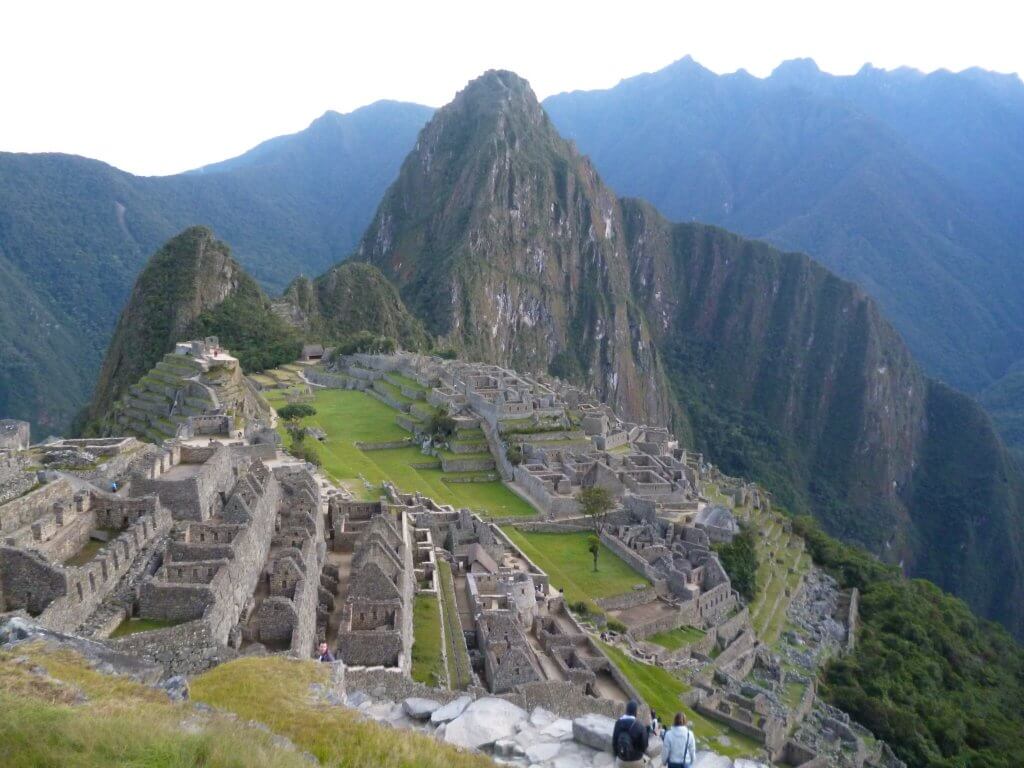
Socio-cultural
In some cities, like Barcelona for example, tourism is so dominant that it affects the way of life. If you’re looking to better understand the Spanish culture, taste some authentic Spanish cuisine, or get to hear a Catalan local share their views about the political and cultural situation of their land, it might be hard to find one. The city center is mainly inhabited by foreigners.
I’m all for diversity, but if the demand for tourist accommodations and restaurants pushes out all the locals, the essence of the area changes. We no longer get a true Catalan experience while wandering around Barcelona as there are few local establishments left. All that remains has been built to please the tourists.
We say we travel to experience life in other lands. And yet, other lands have modified their ways of life to please the tourists. So oftentimes, we aren’t even given the chance to understand the local way of life because all we see is what’s in front of the curtain: the English menus, the expensive restaurants that fellow wanderers have found burgers in, the hotels that will give us the amenities we can’t live without for even a few weeks.
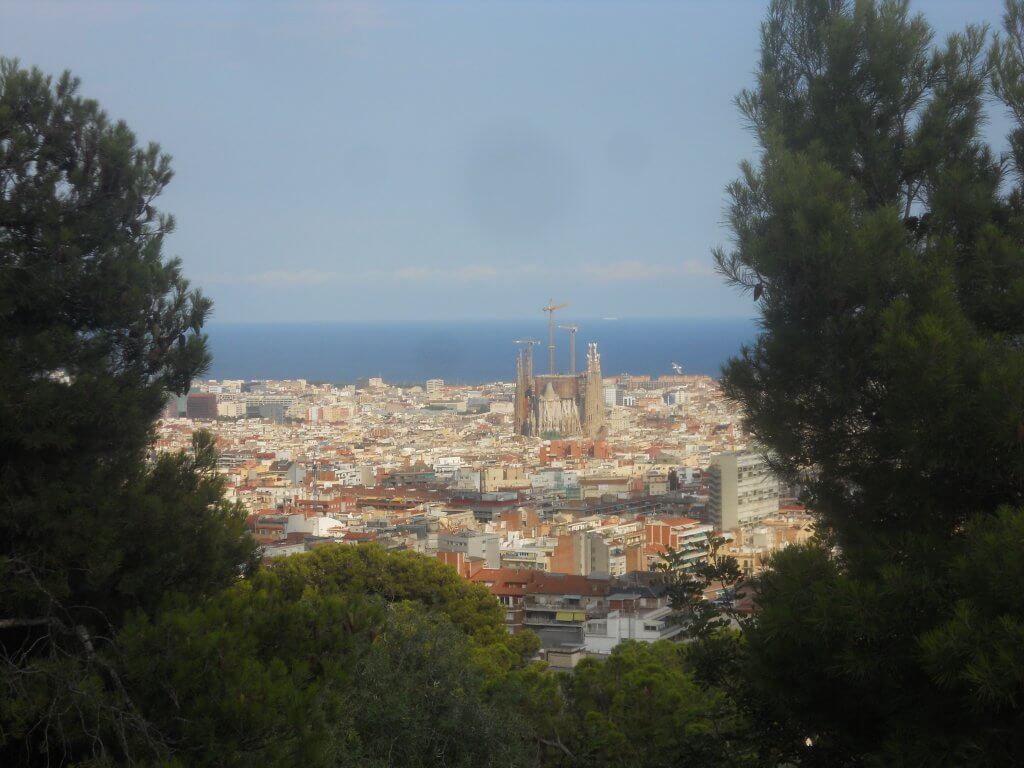
It’s ironic, isn’t it? We travel to understand the world yet we aren’t willing to put ourselves outside of our comfort zone. Warm showers, western food, people who speak our language, and other luxuries become expected even though locals don’t live this way.
We say we want to explore and understand, but do we really? Or are we only willing to do it if we can bring our comforts with us? If we travel that way, can we ever really understand the local way of life?
Not only does mass tourism affect culture, but it also affects how locals survive. It affects the cost of rent, often causing them to leave the city centers to make room for all the tourist or short-term rentals; unstable, seasonal employment and the presence of foreign chains force local mom and pop shops to close down.
Financial/Economical
Tourism in a world of such disequality is a bit of an awkward thing. We are exchanging as though it’s fair, but there is nothing fair about it. We buy, sell, and trade goods and services, yet the value they have for a poor man from a small village in the remote Pamir highway will no doubt be quite different than it will be for me.
Although many are probably shaking their heads thinking, “but tourism is a great way for communities with few opportunities to sustain their livelihoods,” I don’t think it’s that simple.
It’s not fair that I can wander through a land ravished by poverty and be treated like a queen because my currency is worth more. Not because I’m a better person or because I deserve more, but simply because I was lucky enough to be born in a rich country. While locals fight to survive and feed their children, travelers gallivant around the same streets taking photos of the poverty and negotiating for a cheaper price for a melon.
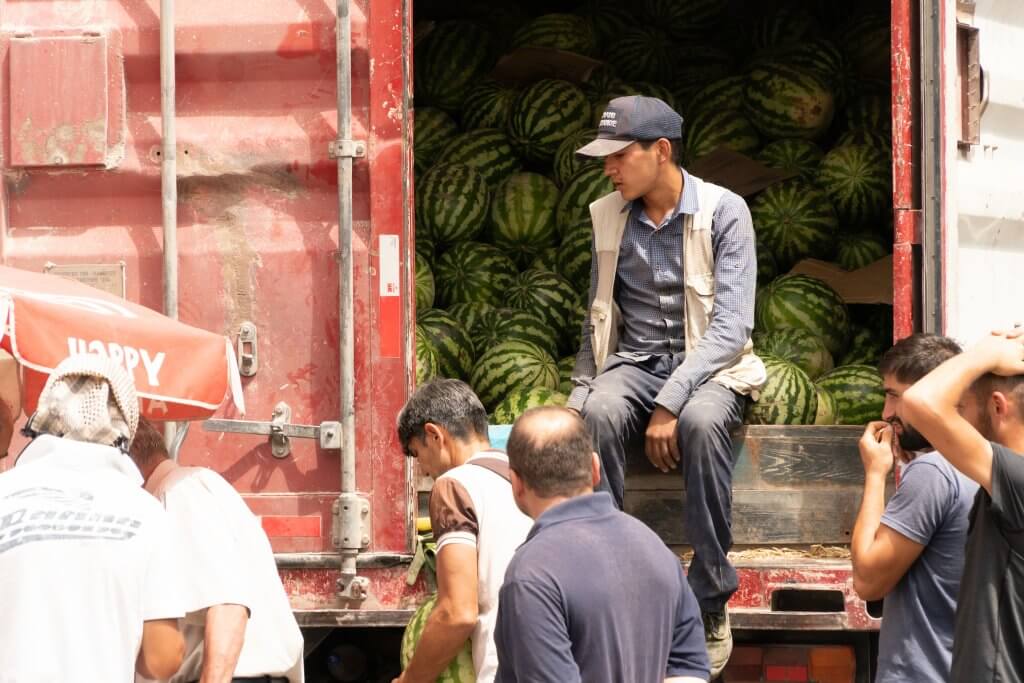
We must become more aware of the economic disequality that exists in the countries we travel through. I’m not saying that we shouldn’t visit countries with weaker economies than our own, nor do I know what the answer to this conundrum is.
But it doesn’t seem fair to give my local host a few dollars and that due to his desperation for it, he’ll bend over backward to do whatever I need to feel comfortable. Again, just making the experience an extra step further from authentic.
Falling Prey to the Beaten Path
It’s easy during travel to fall on a path that doesn’t suit us, visiting sights we don’t care to see, or adding countries to the itinerary to take full advantage of every second of the holiday.
Our trips often stop being ours because we get caught up about what we’re supposed to see, what others have enjoyed, and moving at a speed or in a way that doesn’t even suit us.
The current on the beaten path of travel is strong. Sometimes it even feels stronger than it does in “regular life”. Blink too long and somehow you open your eyes and are moving in a way that drains you.
Becoming in charge of your adventures can turn travel into a whole new kind of adventure, but you need to be willing to go inside yourself, see what feeds your soul, and be mindful enough and brave enough to walk along that path.
Steps Forwards
This article isn’t about demonizing travel or making avid travelers feel bad about their wandering ways, but it’s important that we start opening the conversation about travel. Yes, exploring the world can be beautiful and life-changing, but it can also be destructive, hurtful, and unfair.
As we explore other peoples’ backyards, we must be mindful to care for their space as though it was ours.
Mindful travel forces us to wake up and be more present with each step we take around the globe. We feel the step, see the ground beneath it, understand its impact, and the repercussions it has on us, on others, and on the land.
Originally, when writing this article, I also included a section about how to travel more mindfully. But I decided to create an entirely new post for all those tips and ideas. You can check out that article here, or the third article in the Mindful Travel Series: How Being a Mindful Human or Traveler Will Revitalize your Existence.
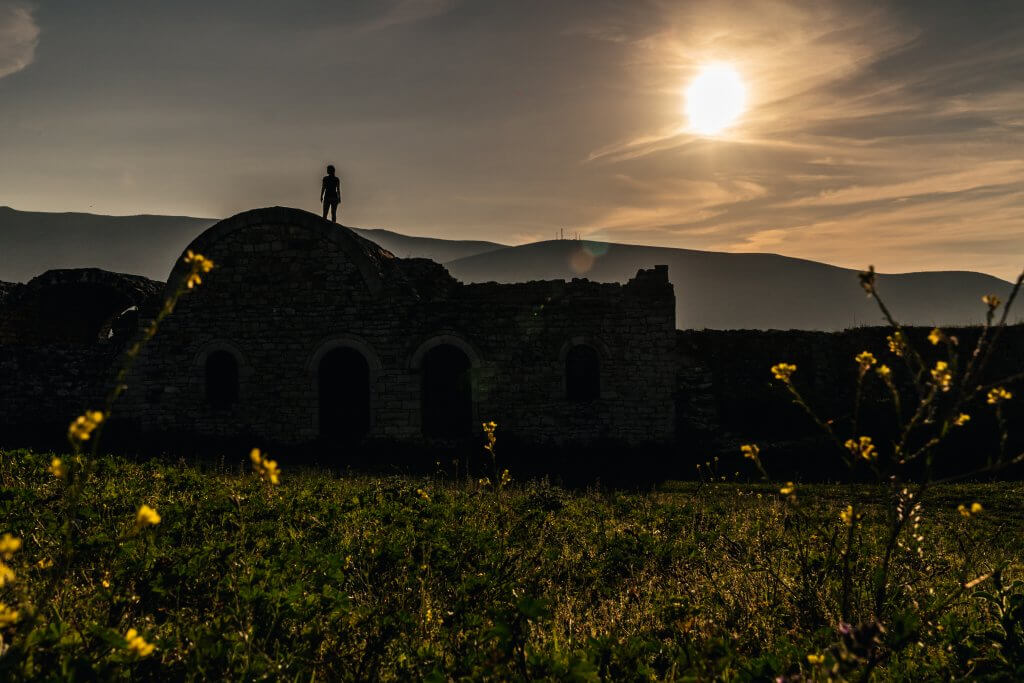
Interested in reading about mindful travel, but don’t have time right now? Pin it here!
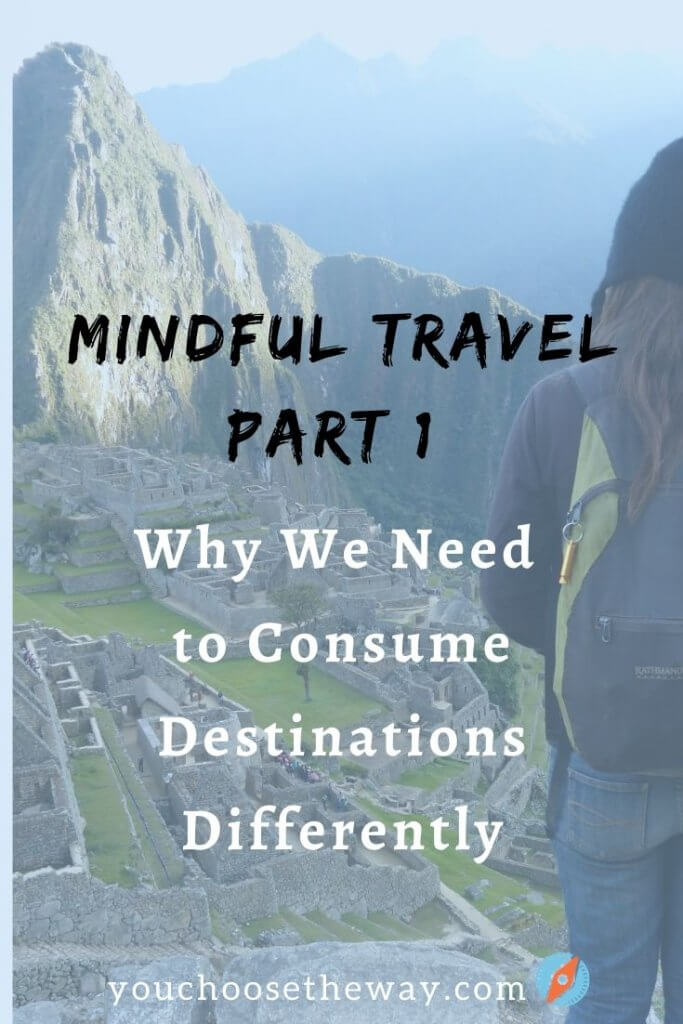
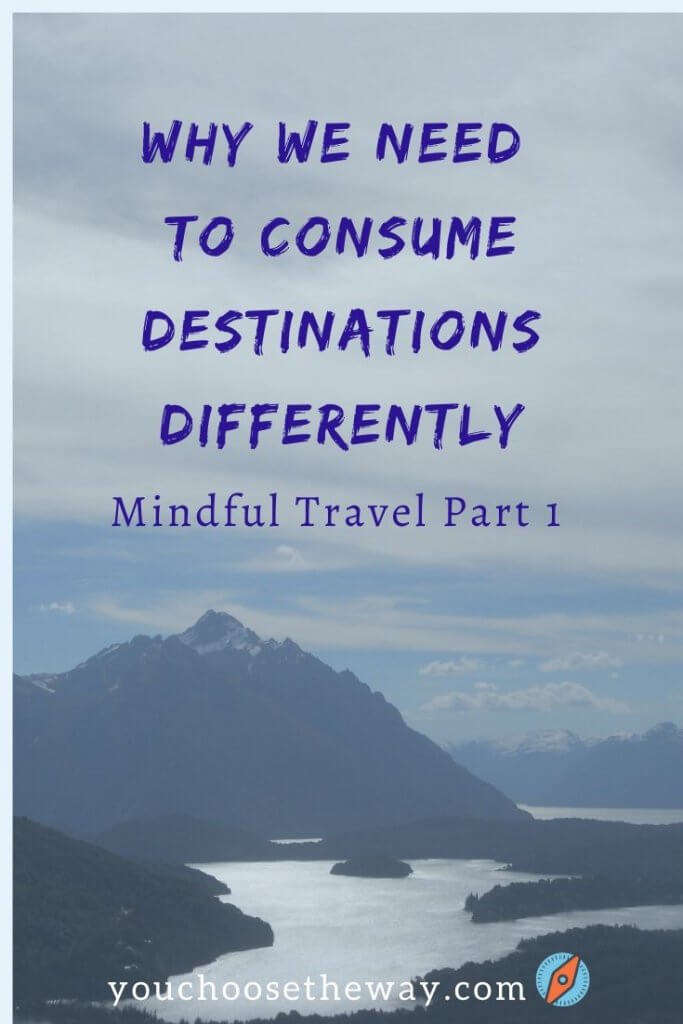
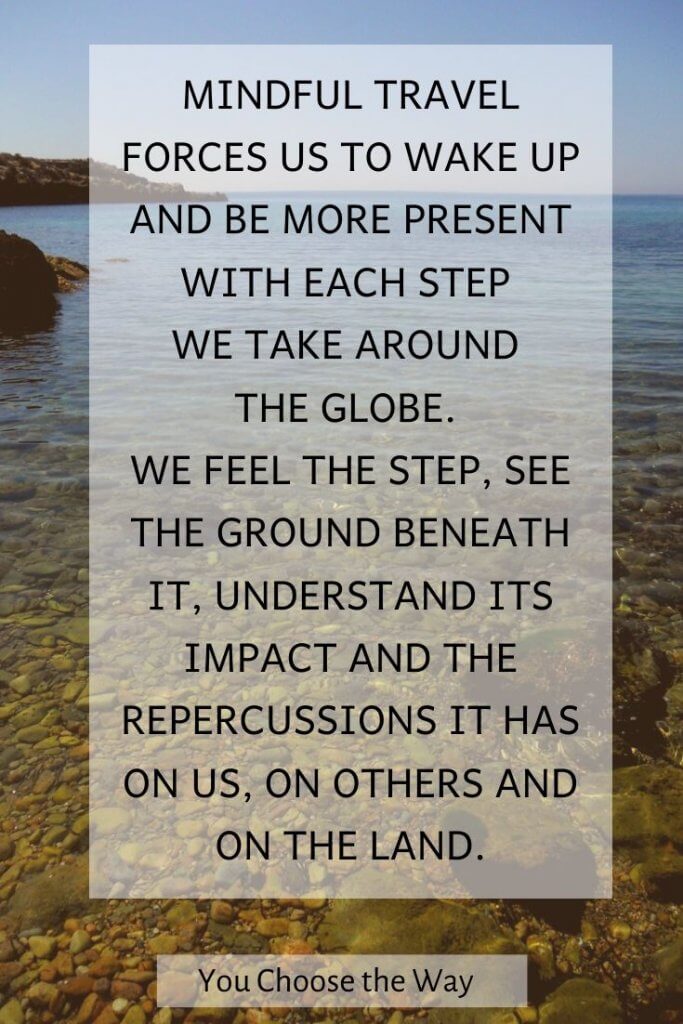
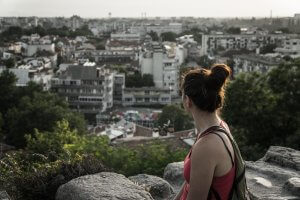
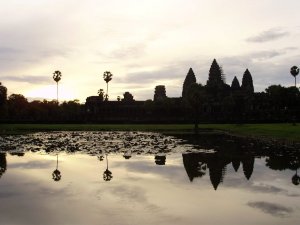
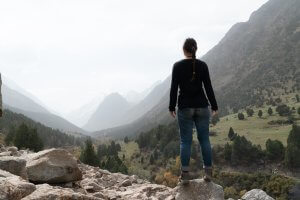
Pingback: Mindful Travel: How to Travel More Consciously - You Choose the Way
Pingback: How Being a Mindful Human or Traveler Will Revitalize your Existence
Pingback: 6 Social Norms to Break ASAP to Build your Own Utopias Life
Pingback: Journaling : Documenting your Yoga Trekking Journey in Nepal | Manasukh